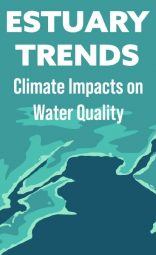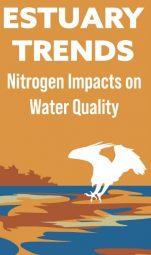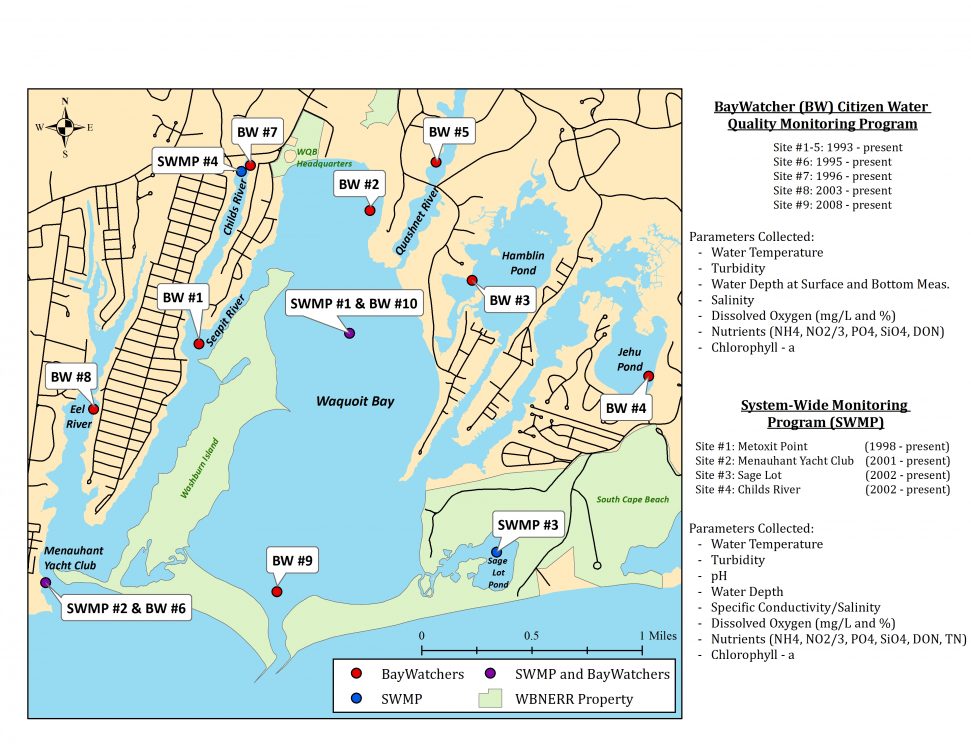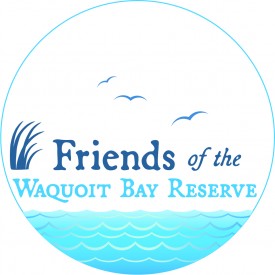WATER QUALITY
System-Wide Monitoring Program
The System-Wide Monitoring Program (SWMP) provides long-term data on water quality, weather, biological communities, habitat, land use, and land-cover characteristics. The standardized instrumentation and data collection protocols allow the delivery of near real-time data, from each of the reserve sites, that are uniform, consistent, and reliable. Data are available from the Centralized Data Management Office.
Publications
Long, M. H., and J. W. Mora. 2023. Deoxygenation, acidification and warming in Waquoit Bay. USA, and a shift to pelagic dominance. Estuaries and Coasts.
Deoxygenation, Acidification and Warming in Waquoit Bay, USA, and a Shift to Pelagic Dominance
Deoxygenation, Acidification and Warming in Waquoit Bay, USA, and a Shift to Pelagic Dominance (PDF)
Presentations
Analysis of 16 years of Trends (Megan Tyrrell, Ph.D., Research Coordinator, 2017)
This presentation examined the water quality data to determine if, for example, critical temperature thresholds affecting organism growth or survival have been crossed during crucial times of the year. This presentation also includes some meteorological data analyses that examined whether the increase in extreme precipitation events have led to salinity drops or turbidity spikes near the salt marsh water quality monitoring station.
After Twenty Years: What Can the Waters in Waquoit Bay Tell Us?
(Jordan Mora, Research Associate 2016)
Quality Assurance Project Plan (QAPP)
By developing a comprehensive Quality Assurance Project Plan (QAPP) for the Waquoit Bay Reserve, data from both water quality monitoring programs (System-wide Monitoring Program & Waquoit BayWatchers) can be incorporated into a regional database developed by the Cape Cod Commission and used to model nutrient dynamic changes.
The QAPP will strengthen the Reserve’s data collection process and enhance its ability to share and integrate data across private and academic institutions as well as state and federal agencies. This increased capacity for standardized data sharing is significant for this project but also for future collaborations.
The data are sent to the Cape Cod Commission, for integration into the Cape Cod regional water quality database. The Cape Cod Commission makes this database publicly available for end-users including, but not limited to, the Cape Cod Water Protection Collaborative (“Collaborative”), a group with representatives from all fifteen Cape Cod towns and two Barnstable County representatives. The database is also available for end-users, such as scientists, restoration consultants, and regulatory agencies.
Additional Water Quality Monitoring Programs
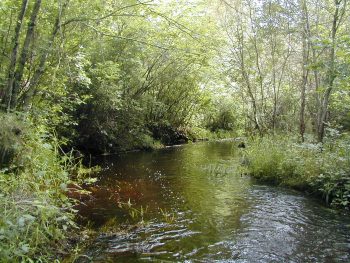
The Upper Childs River Restoration – Stream Temperature Monitoring Data The Childs River flows south on Cape Cod through Mashpee and Falmouth into Waquoit Bay and Vineyard Sound. Since the mid-1800s, mill dams and cranberry farming have severely impacted the hydrology, water quality, aquatic habitat, terrestrial habitat, and fish passage throughout the river’s length. The Falmouth Rod and Gun Club are leading a partnership effort to address these issues. Once completed, this project will have removed one dam and four additional fish passage barriers, improved a stream crossing for added freshwater and terrestrial organism passage, improved water quality, and restored 15.1 acres of retired cranberry bog to a more natural stream and wetland ecosystem. Restoration of Eastern brook trout populations are major component of the restoration project. As part of this monitoring efforts, instream temperatures are recorded at 15 minute intervals at 12 locations to assess project impacts on trout habitat. Pond Watchers: Volunteers from the organization Falmouth Water Stewards collect water samples from the south- and west-facing facing saltponds in Falmouth on a weekly basis. They measure temperature, salinity, dissolved oxygen and turbidity. Results are analyzed with Reserve staff help and reported weekly in the Falmouth Enterprise. This program broadens the geographic reach of the Reserve’s water quality collection, and keeps awareness of the weekly changes in water quality front and center through local media.



